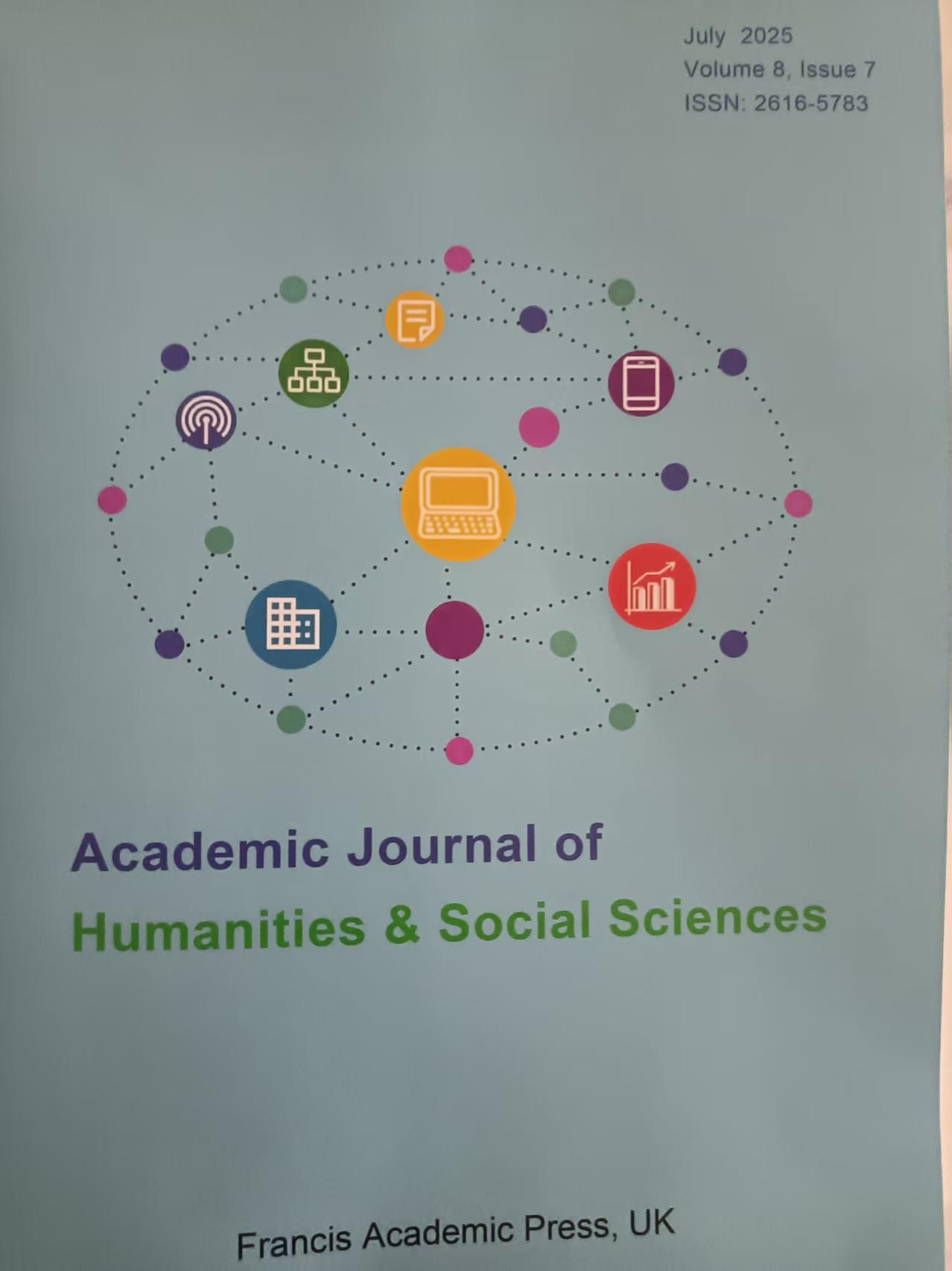Abstract: Northeast Asian countries including China, Japan, and Korea are rapidly aging while experiencing a significant success in their economic development. As of 2023, the percentage of people aged 65 or older among these three countries is 15.4% (China), 18.0% (Korea), and 29.1% (Japan) respectively, which shows that the society aging is a major issue of policy makers.
Particularly, the percentage of the elderly in Japan increased from 14% in 1994 as an aging society to 27.7% in 2017, becoming a superaged society. While the number of elderly people is increasing, the percentage of the economically active population between 15 and 64 in age is decreasing. In 2015, The ratio of persons aged 65 or older to economically active persons has decreased down to 1:2.3. Aging is expected to accelerate up to the point of 1:1.3 by 2065. Particularly in the superaged society of Japan, aging of caregivers who take care of an elderly one is also accelerating: It is now a society where an elderly person cares for another elderly person. As employed caregivers are aging and many of them retire, the insufficiency of caregivers is also a serious issue.
The public caregiving insurance program was initiated in April 2000 as the 5th social insurance program of Japan next to the medical insurance system, pension plan, employment insurance system, and industrial accident compensation insurance system. The nursing service for the elderly, where welfare for senior citizens (a measure based on administrative judgment) and medical care for the elderly (as part of medical insurance benefits) were provided by each respective system, is now available in the dedicated social insurance system. Since this system was established, its importance has been emphasized as a safety net to secure pensions, medical services, and plans for later years. On the other hand, it affects the very existence of social security, involving institutional problems just as the other two systems do.
The objective of this study is to examine the whole progress leading to the introduction of this program, the care insurance system of Japan as a vital safety net for the elderly, and how to address its problems, presenting prospects for its future. Implications of this study are expected to be significant since this is not merely a national issue of Japan but an important policy issue of many other countries.
Keywords: Japan's super-aged society, nursing staff, social insurance system, aging nursing staff, and reform of nursing support companies





